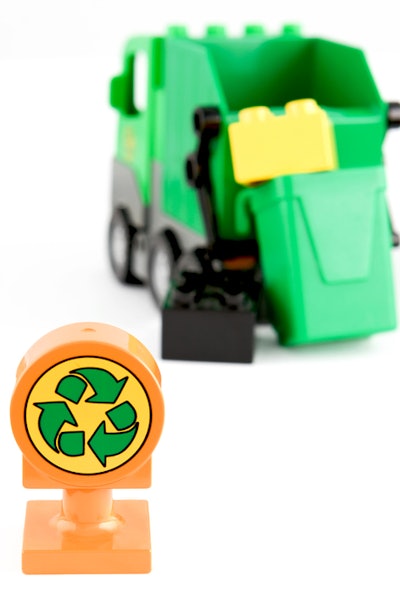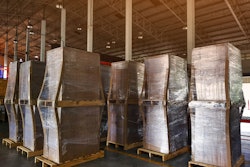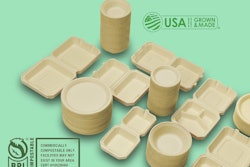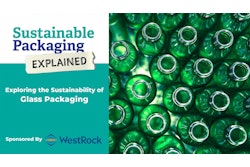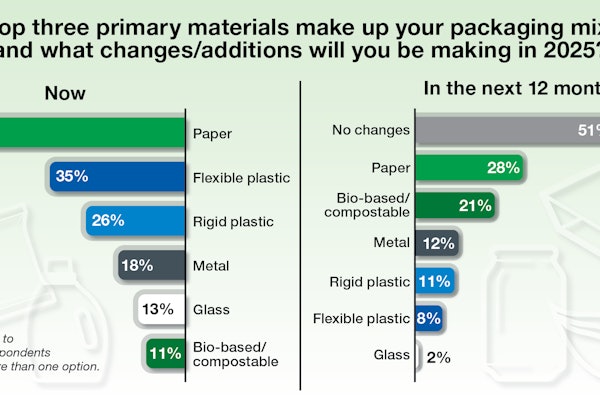LEGO halted its plans to create its iconic building bricks using recycled plastic bottles, citing concerns that the production process would actually be more environmentally damaging than the current method of using oil-based plastics, the Financial Times reported. The company had been diligently experimenting with recycled polyethylene terephthalate (PET) for several years to find an eco-friendly alternative to acrylonitrile butadiene styrene (ABS), the primary material used in the bricks.
LEGO had previously committed to transition to entirely sustainable materials for its products by 2032 and even unveiled a prototype brick made from recycled PET, sourced from water and soda bottles. However, their recent findings have revealed that the process of manufacturing bricks from recycled PET would necessitate significant investments in new equipment and additional steps, leading to a higher level of planet-warming pollution compared to the current production methods.
This decision highlights the complexities that companies face when striving to adapt their products and processes in response to the pressing climate crisis. A LEGO spokesperson explained that after over three years of testing, recycled PET was not a solution for reducing carbon emissions. Moreover, it was discovered that recycled PET lacked the durability and "clutch power" of ABS, making it less suitable for creating bricks that can easily stick together and be separated.
Nevertheless, LEGO remains steadfast in its commitment to producing bricks without relying on oil-based plastics and actively explores various alternative materials. Their ongoing testing endeavors are part of a broader mission to reduce carbon emissions by 37% by 2032, measured against 2019 levels.
